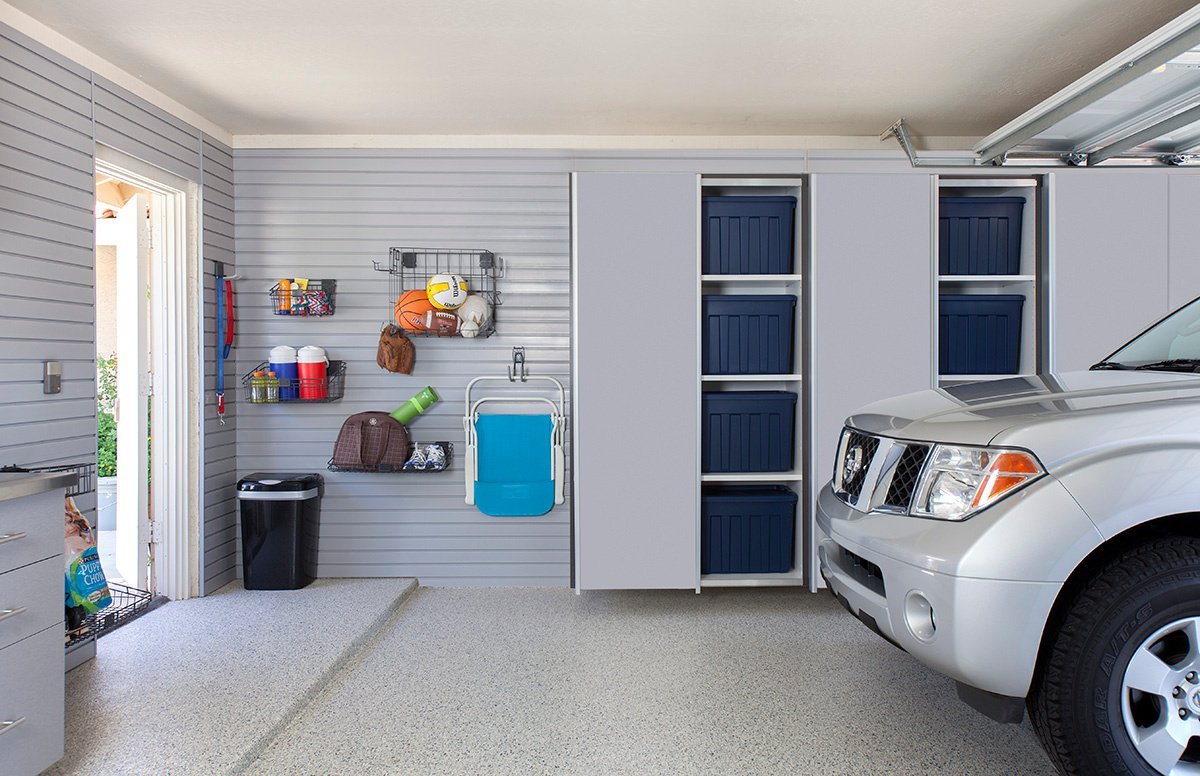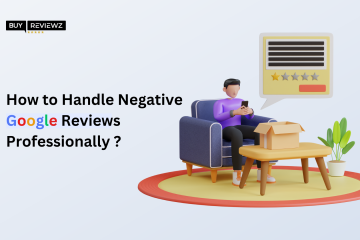When it comes to storing hazardous materials in your garage, it’s essential to get things right. Whether it’s old paint cans, cleaning supplies, or the occasional can of gasoline, many garages end up being home to materials that can pose a risk to you and your family. But here’s the thing—storing them properly can make all the difference between a safe home and one with hidden dangers.
So, what’s the best way to keep things safe? Let’s break it down with some key do’s and don’ts to guide you in managing hazardous materials in your garage effectively.
Do: Store Materials in Their Original Containers
One of the most common mistakes people make is transferring hazardous materials into other containers. This might seem convenient, but it can be incredibly dangerous. Those original containers are designed specifically to handle the chemicals they store, with proper seals and safety measures in place. Plus, the labels provide essential information about how to handle the material safely.
You don’t want to be rummaging through your garage only to forget what’s in that unmarked bottle. Always stick to original containers and keep them sealed tightly when not in use.
Don’t: Store Hazardous Materials Near Flammable Items
Storing hazardous materials next to something flammable is asking for trouble. Flammable liquids, for example, should never be placed next to your garden tools, or near an old stack of newspapers. It might seem harmless at first, but all it takes is one spark to cause a disaster.
Instead, create designated spaces for these materials, well away from anything that could ignite. For instance, you can install cabinets, available at thesmartergarage.com, for safely storing flammable items. Likewise, you can make use of overhead shelves to store hazardous materials. This keeps them out of reach and helps reduce the risk of accidents.
Do: Childproof Your Garage
Got kids running around? Your garage might be a treasure trove of hidden dangers for them. Curious hands and eyes can quickly lead to disaster if hazardous materials are within reach.
Start by ensuring you secure hazardous materials by storing them up high or inside locked cabinets. Adding childproof locks to cabinets is a simple yet effective way to protect them. If possible, opt for storage containers with safety lids. This not only protects children but also gives you peace of mind, knowing hazardous materials are out of harm’s way.
Don’t: Forget Ventilation
Hazardous materials often emit fumes, some of which can be harmful if inhaled over time. Paint, gasoline, and even certain cleaning agents can produce toxic vapours that hang in the air long after you’ve closed the container. Without proper ventilation, these fumes can accumulate, turning your garage into a potential health hazard.
To avoid this, make sure your garage is well-ventilated. Leave windows slightly open, especially when using or storing chemicals. You might also consider installing a fan or a ventilation system to keep the air circulating, which helps reduce the buildup of toxic fumes.
Do: Keep an Updated Inventory
Ever found yourself wondering what’s hiding in the back of your garage? It’s easy to forget about old containers of oil or half-used bottles of cleaner, but keeping an inventory of what you have can save you from potential hazards.
By regularly checking and listing out what hazardous materials you’re storing, you’ll have a better idea of when something needs to be used, disposed of, or replaced. Plus, it ensures you’re aware of everything on hand, reducing the chance of accidental misuse.
Don’t: Overlook Proper Disposal
When hazardous materials sit around for too long, they can become unstable or even degrade. When it’s time to get rid of them, don’t just toss them in the trash. Many hazardous materials need to be disposed of at a designated facility to avoid harming the environment or posing a danger to waste handlers.
Reach out to your local waste management services to find out the correct disposal methods for items like paints, batteries, or old gasoline. Many areas have hazardous waste drop-off sites, making it easy to safely get rid of what you no longer need.
Do: Label Everything Clearly
Accidentally grabbing the wrong product could lead to a mess—or worse, an accident. If you’re storing any materials that don’t have an obvious label, take a few minutes to create one yourself. It’s not just about knowing what’s inside but also about providing clear information on how to handle the item safely.
Even if you think you’ll remember what’s in an old, reused container, having a clear label removes any guesswork. It’s especially important if you’re not the only one using the garage. A well-labeled container can make all the difference for someone else.
Don’t: Ignore Expiry Dates
Yes, hazardous materials have expiry dates! Many chemicals, such as cleaners, pesticides, and paints, can lose their effectiveness or become more dangerous over time. Storing outdated materials isn’t just a waste of space; it’s also a potential safety hazard.
Check the labels of your products and make a habit of disposing of anything past its prime. Not only will this keep your garage safe, but it also ensures that you’re not using products that no longer work as they should.
Do: Have Emergency Equipment Ready
Even with the best precautions in place, accidents can still happen. That’s why it’s a good idea to keep basic emergency equipment in your garage, just in case.
Consider having a fire extinguisher easily accessible, as well as first aid supplies and spill kits for any leaks or accidents. Knowing you have the tools to handle an emergency quickly can make all the difference in keeping you and your family safe.
Releated: Benefits Of Metal Garages
Final Thoughts
Keeping hazardous materials in your garage doesn’t have to be a risky game. By following these simple do’s and don’ts, you can create a safer space for everyone in your home. A little attention to detail—like storing things properly, ventilating your space, and staying aware of what you have on hand—can go a long way in preventing potential accidents. Is your garage as safe as it could be? Time to find out!
Is your garage a hidden safety hazard? Find out how to store hazardous materials properly with tips from Buzz Revolve!




